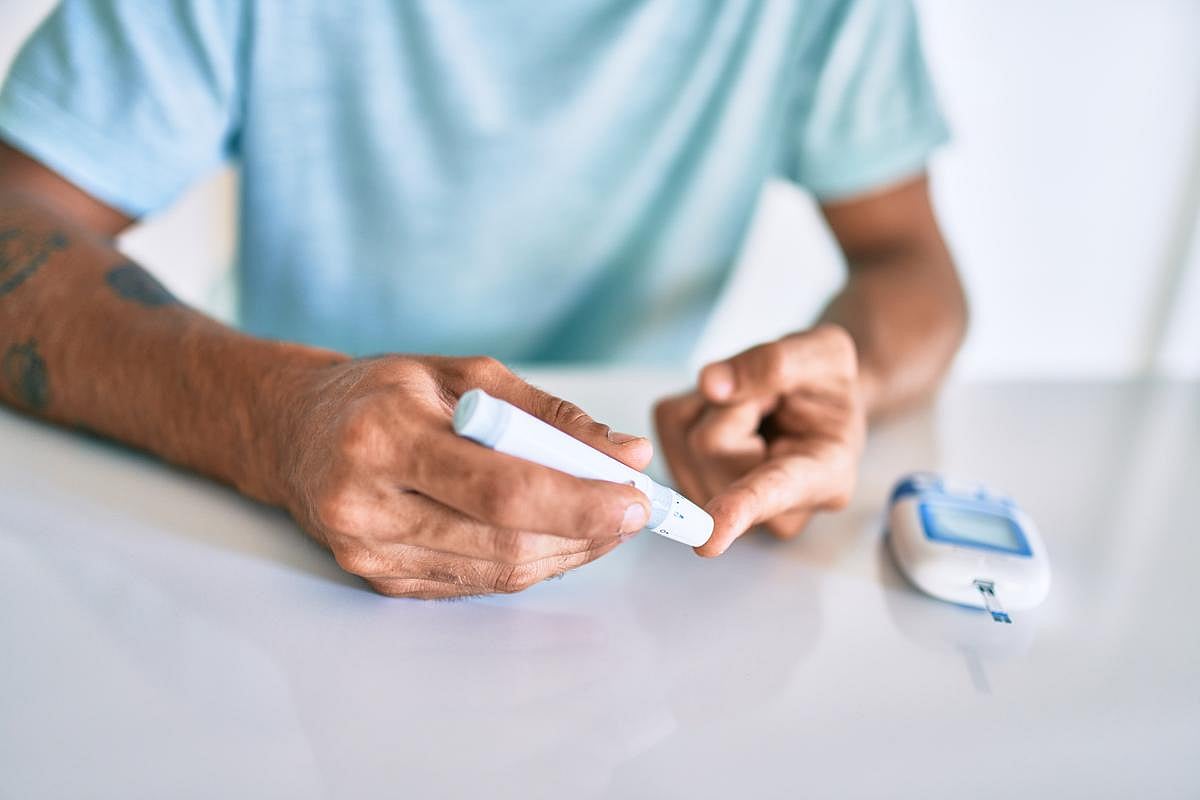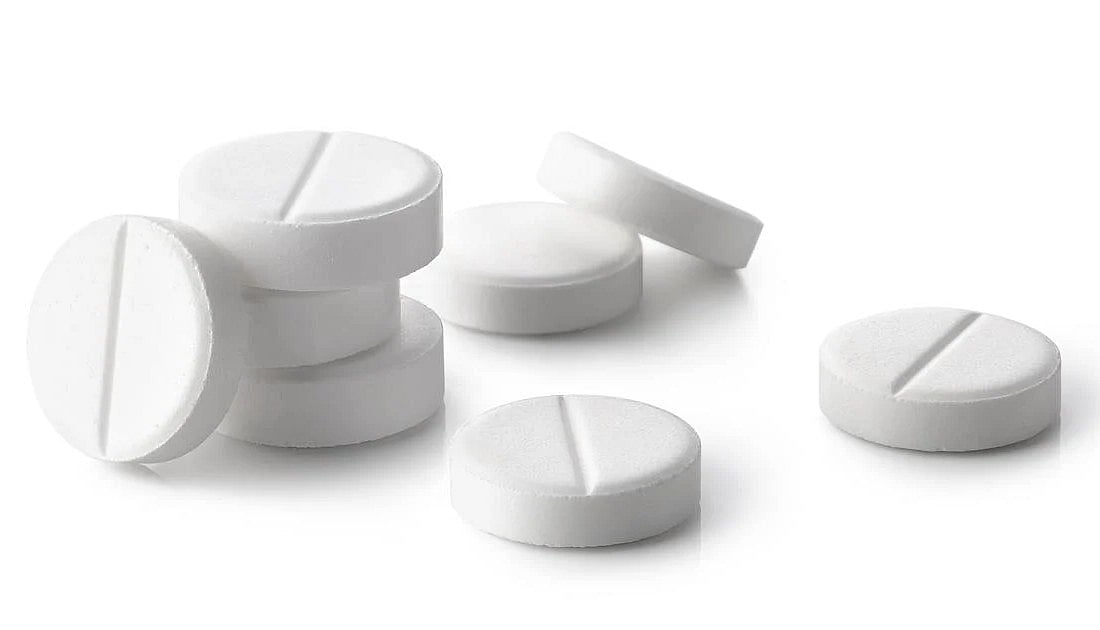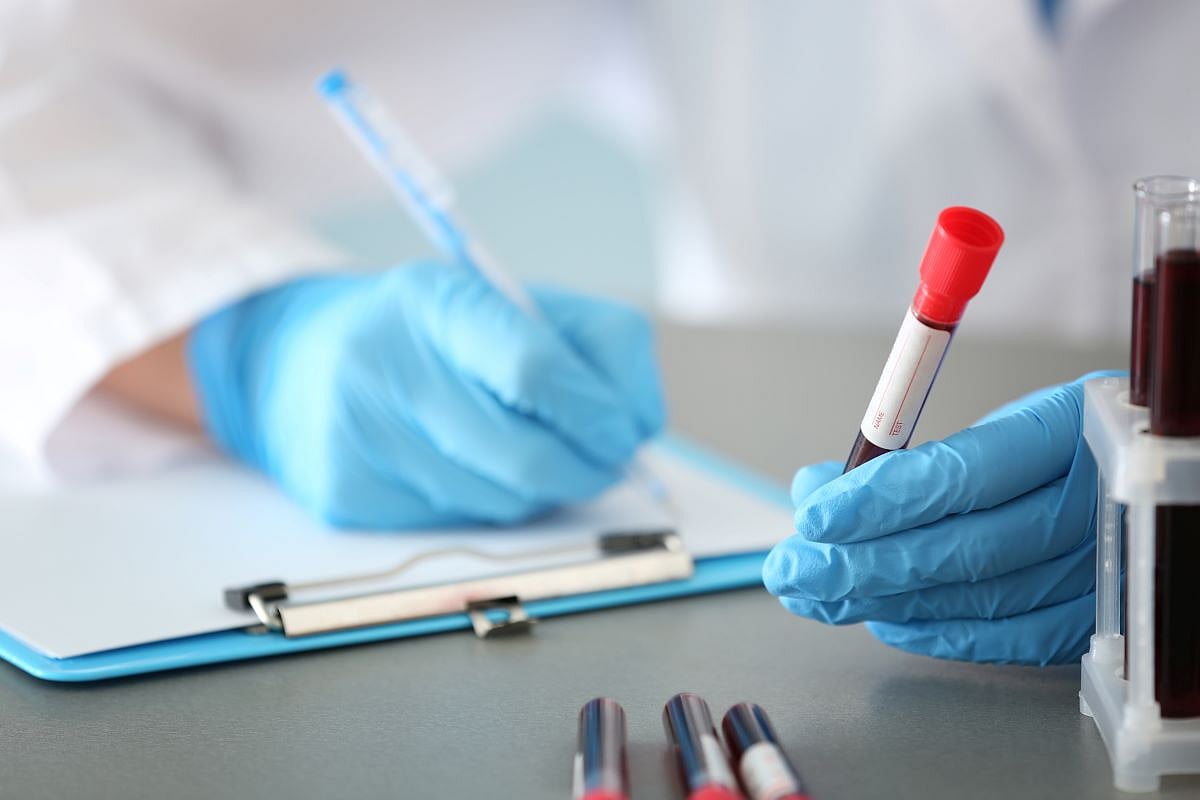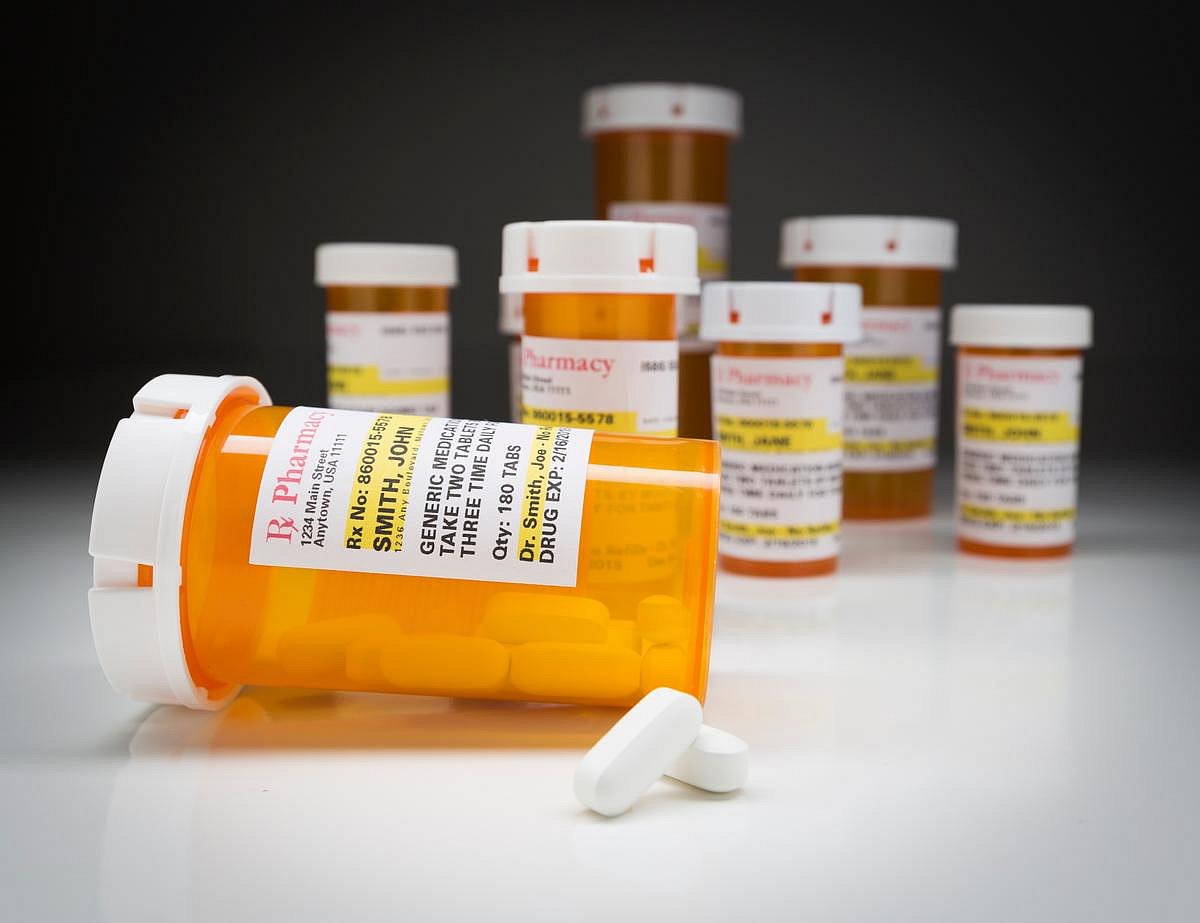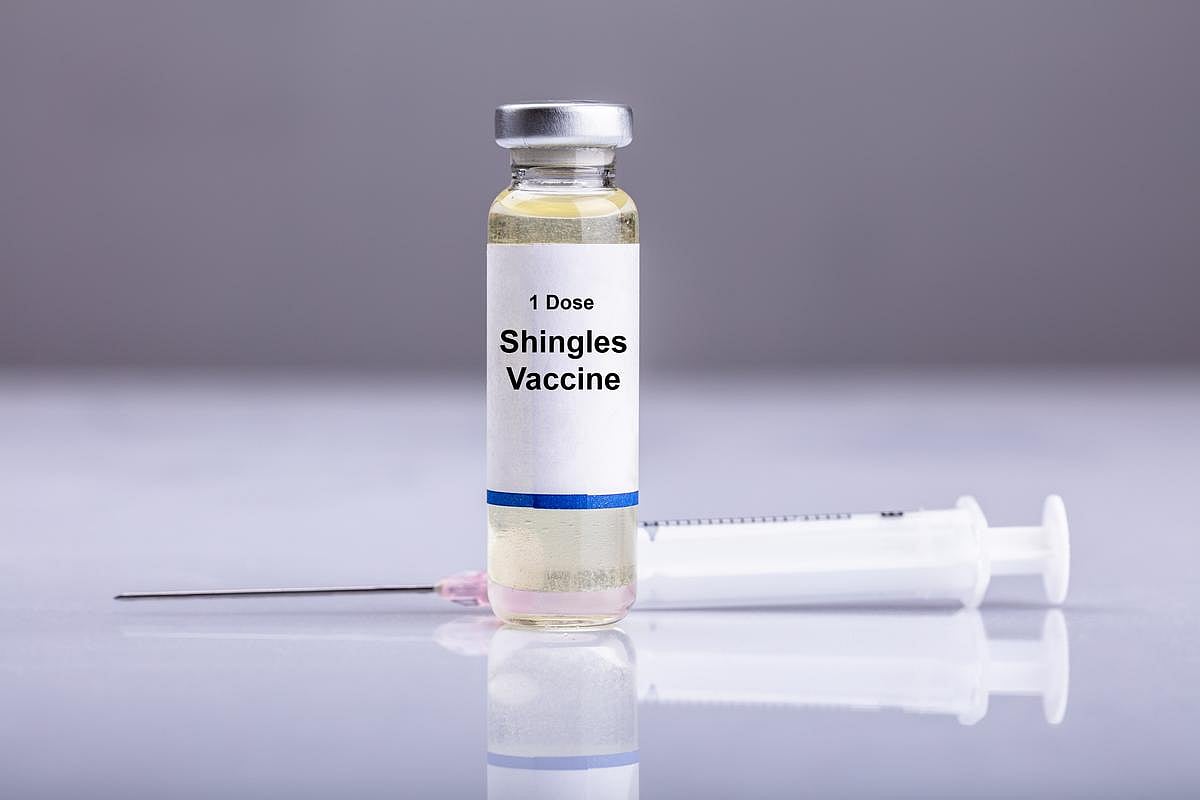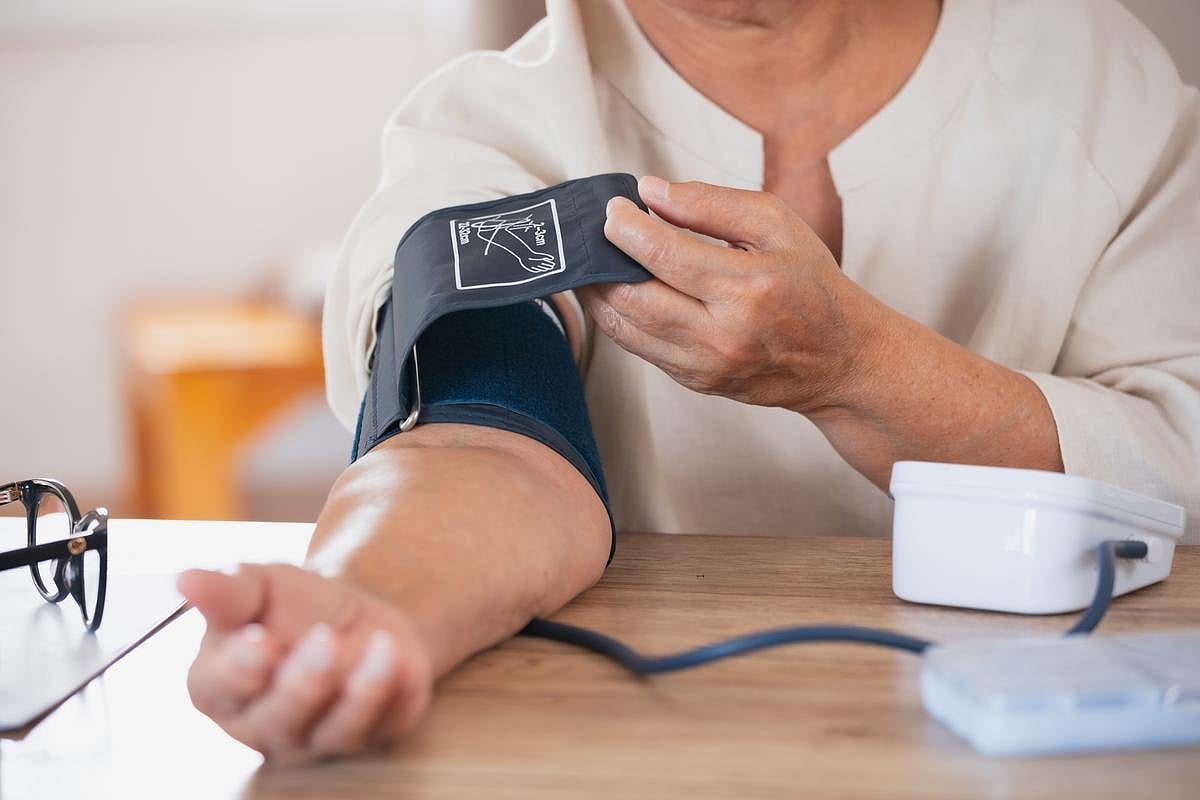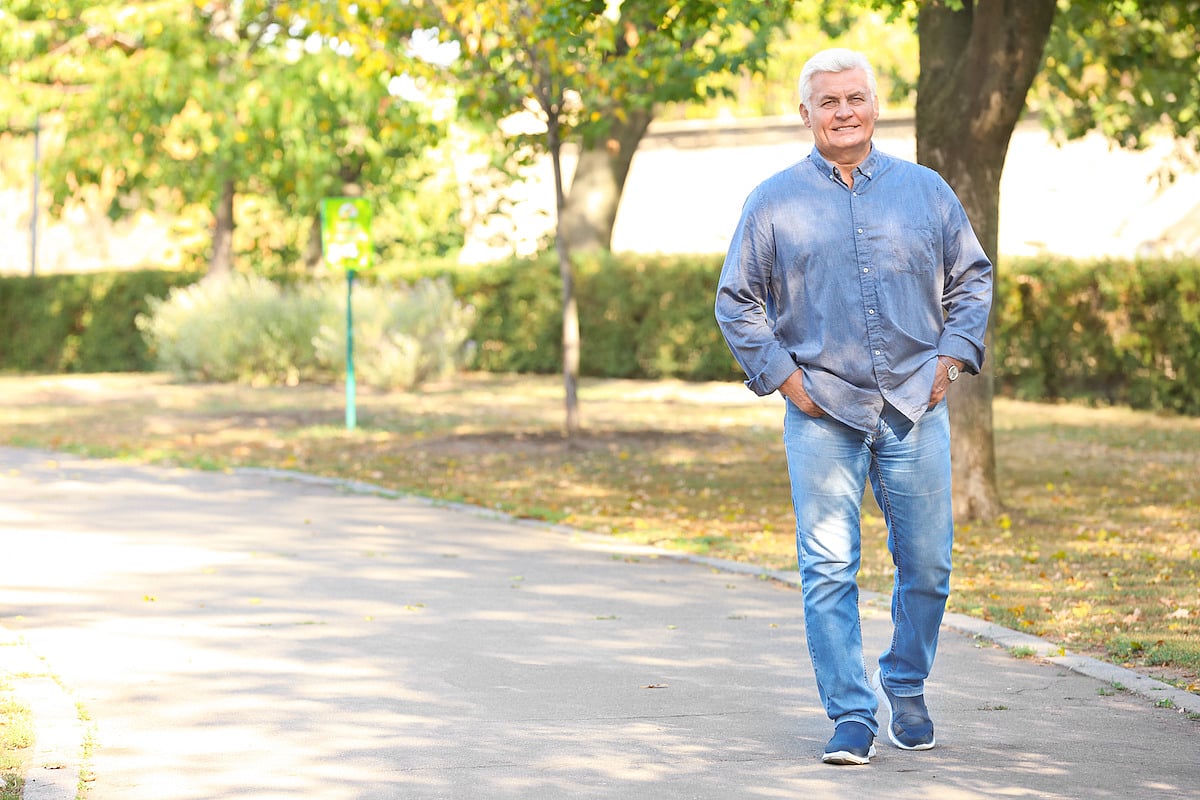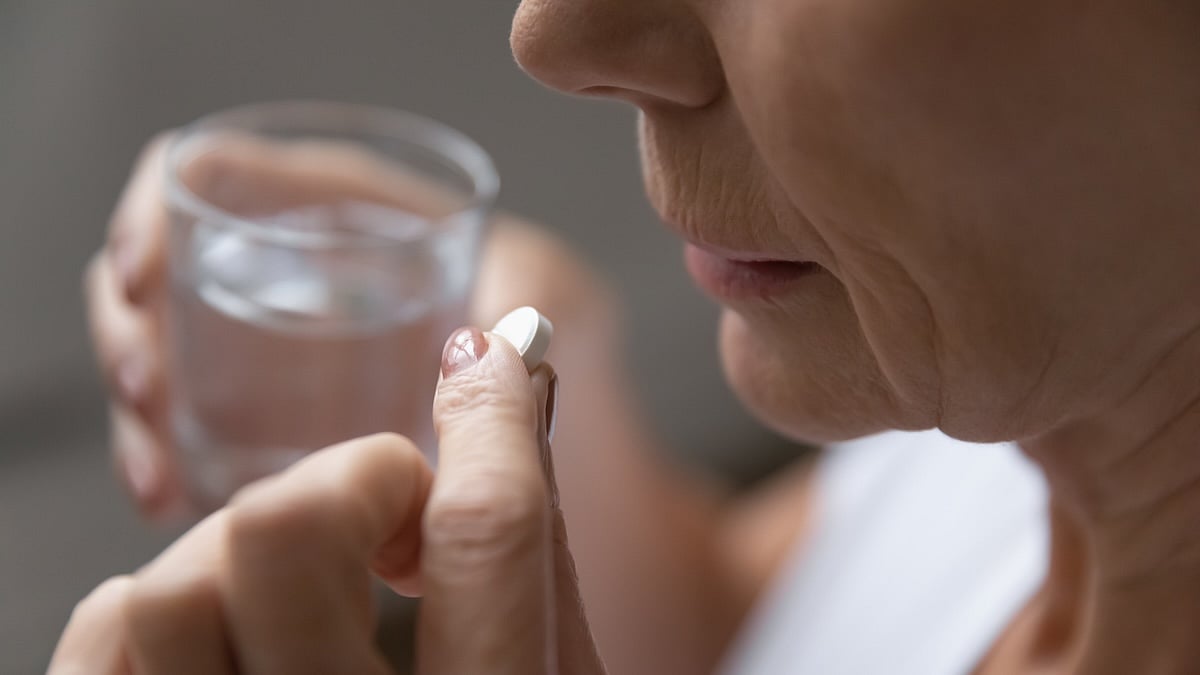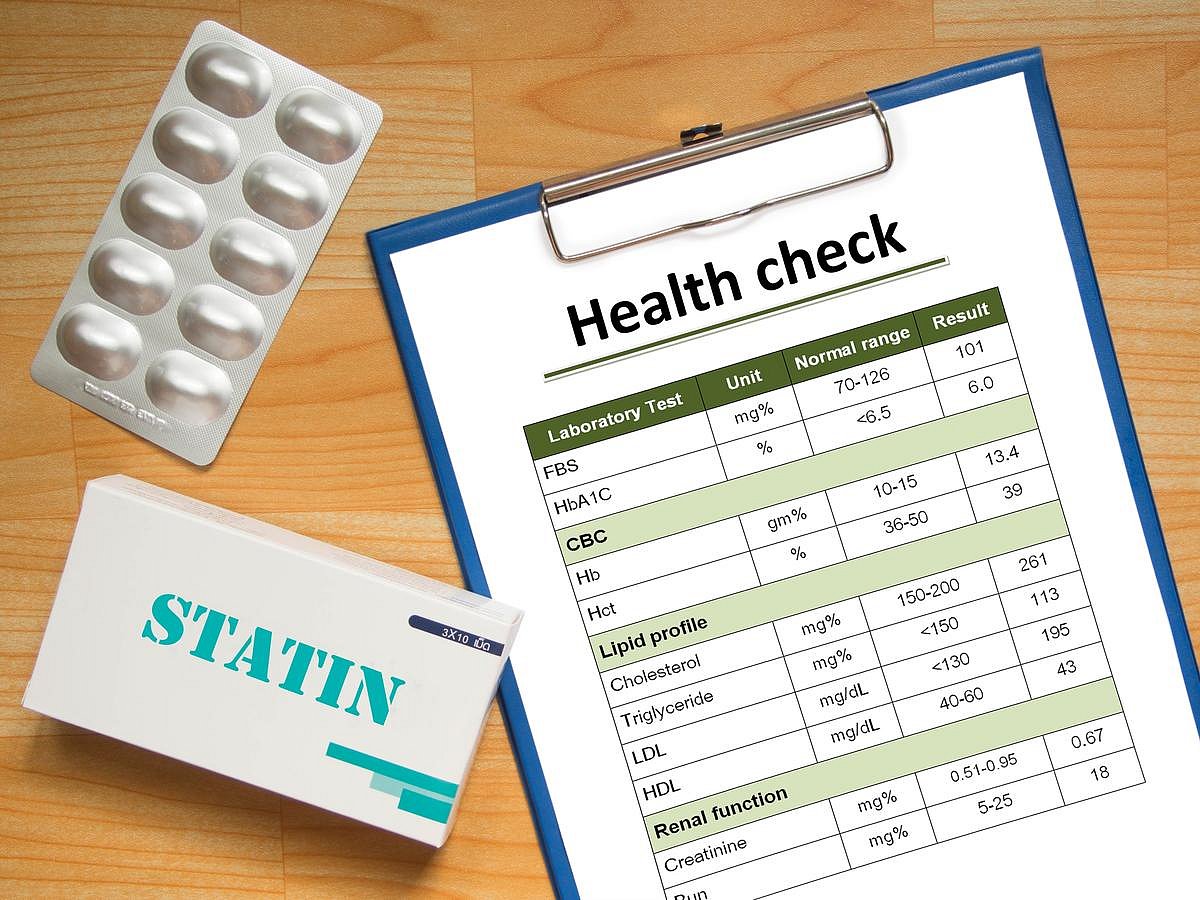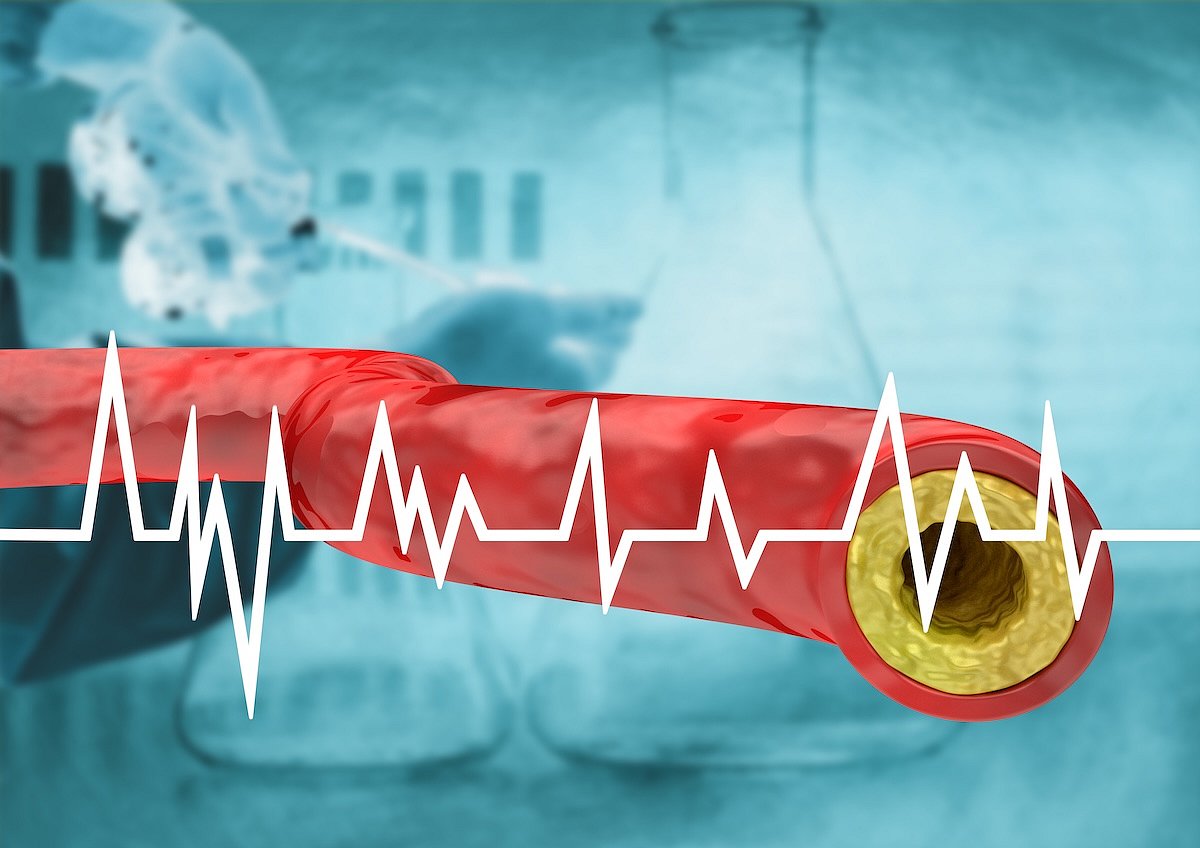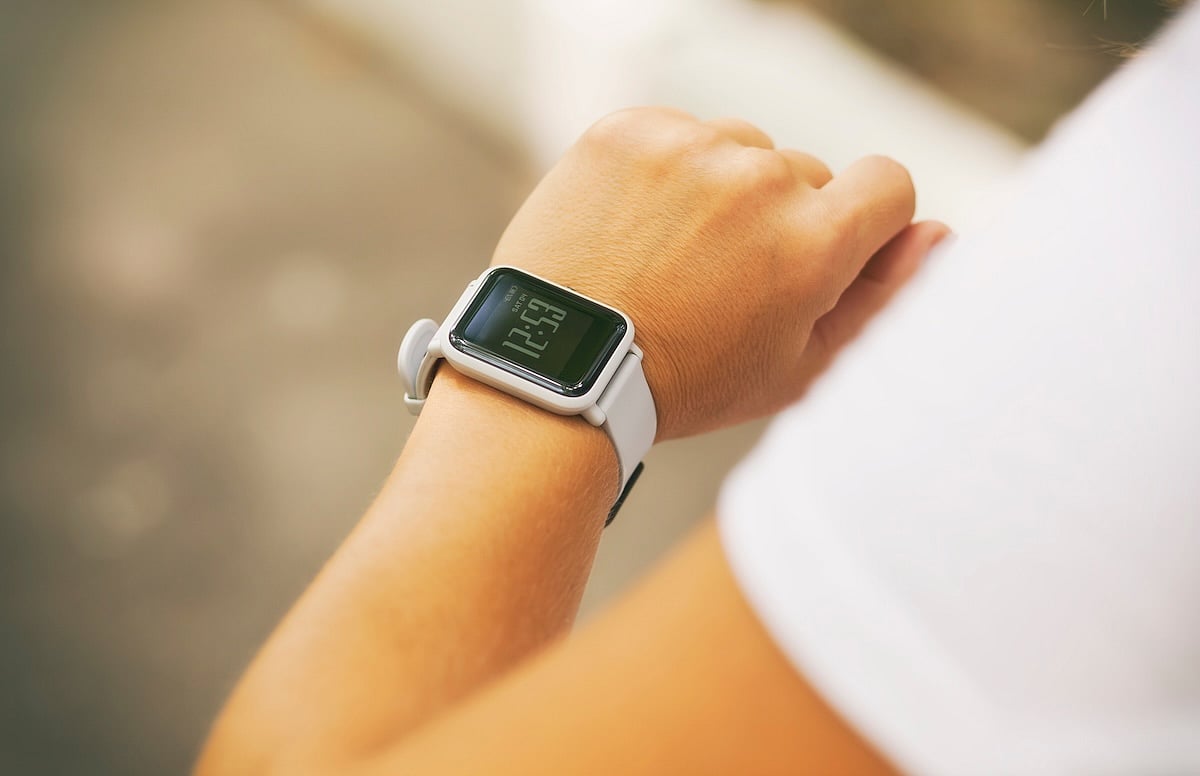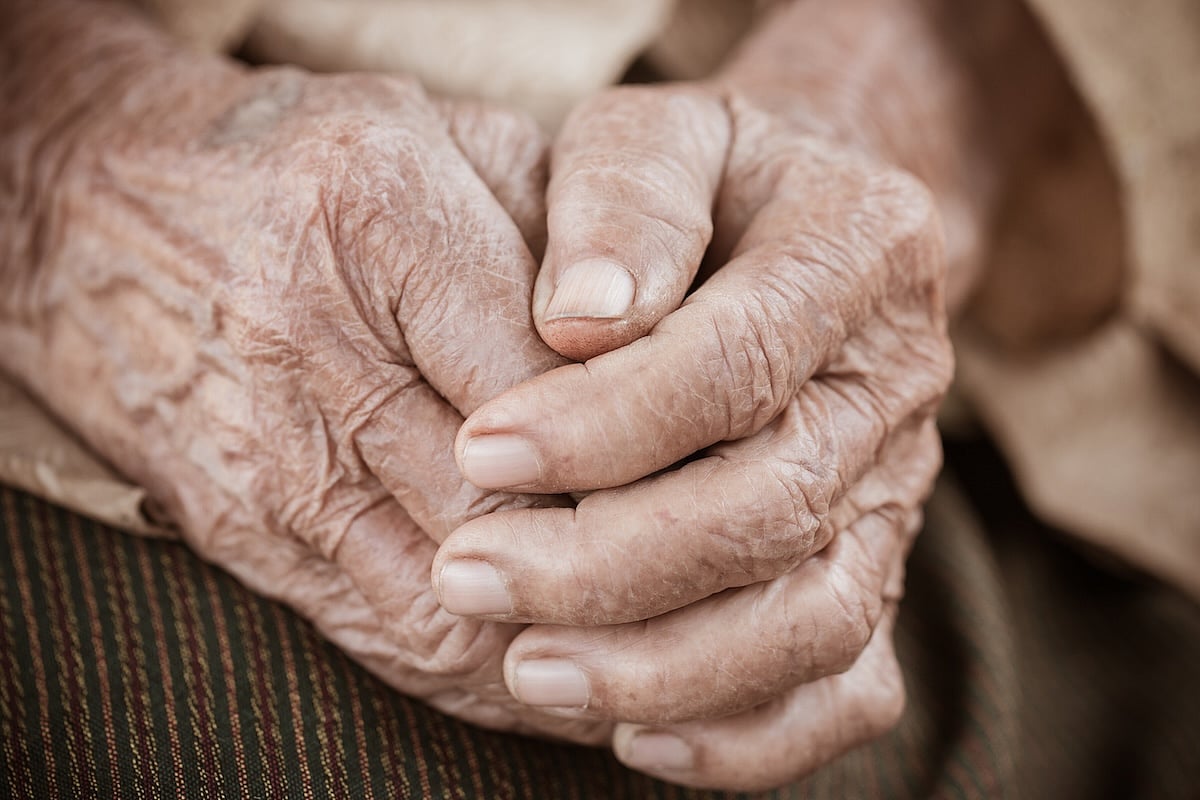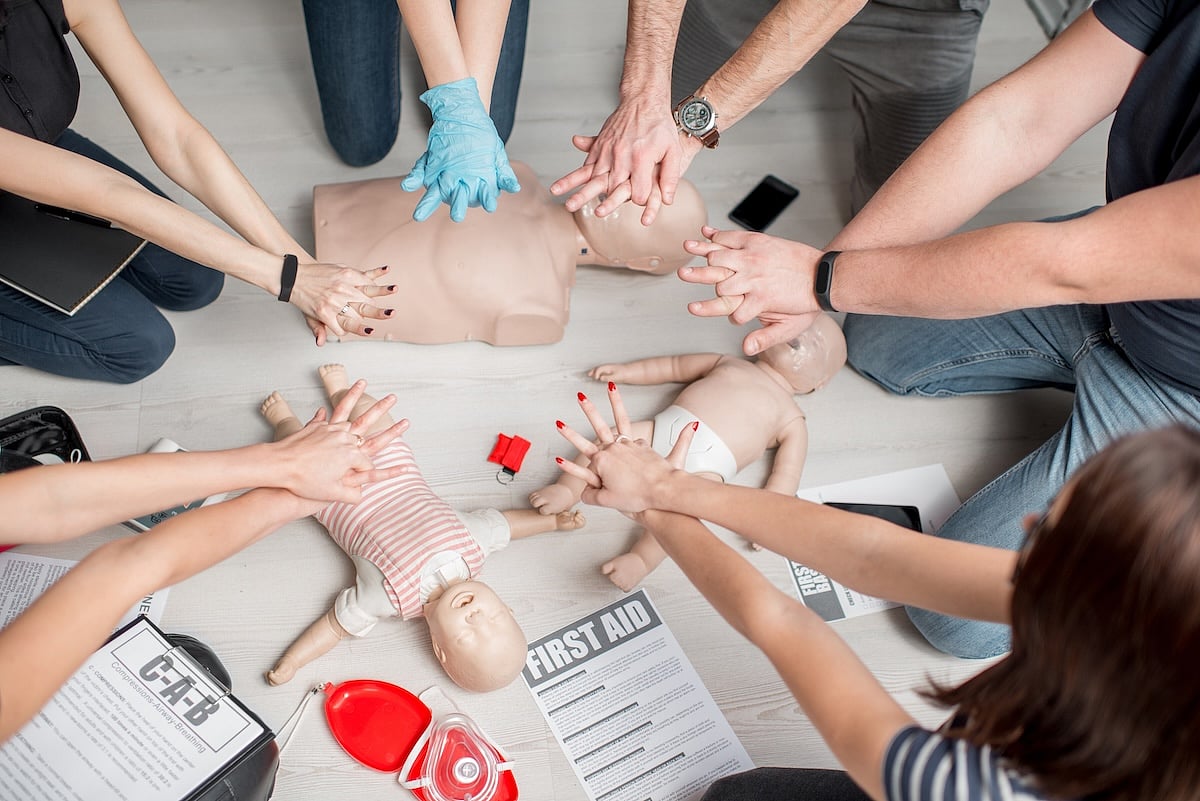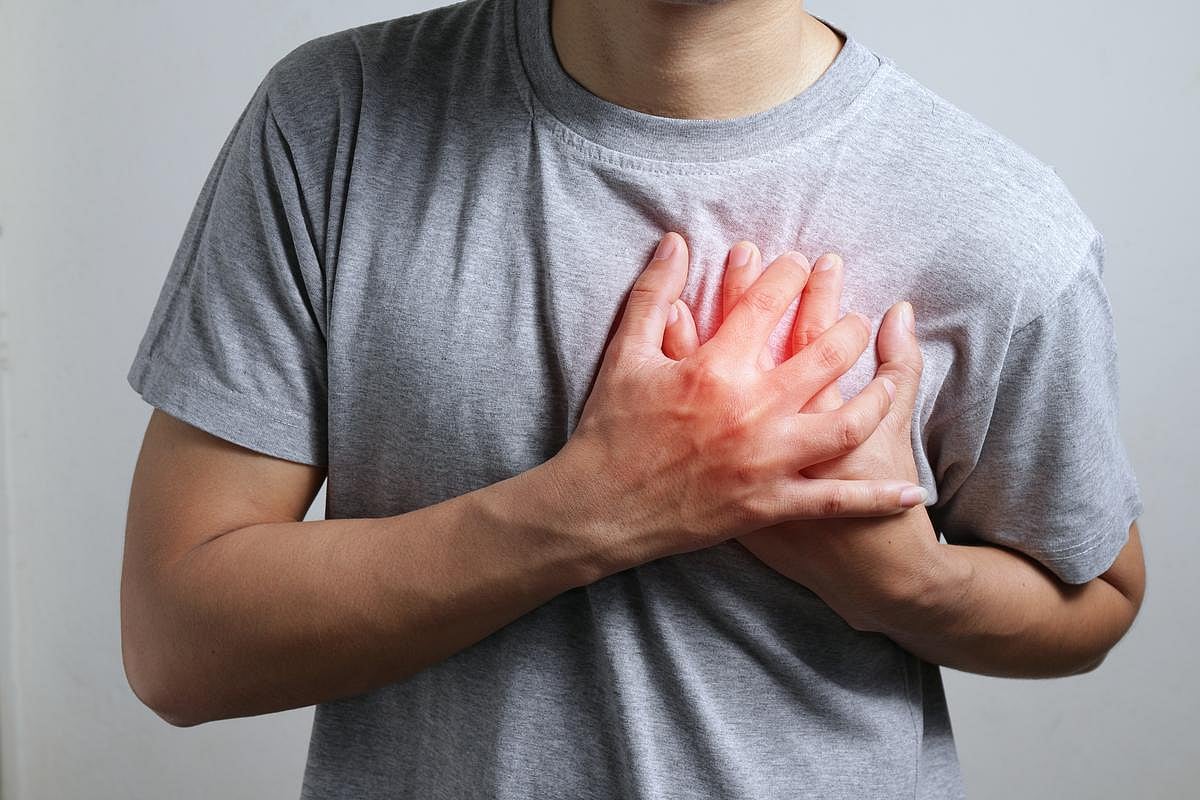Get Healthy!
212 Results for search "Heart / Stroke-Related: Heart Attack".
Health News Results - 212
People on the verge of type 2 diabetes can cut their risk of death from heart disease by more than 50% if they bring their blood sugar levels back to normal, a new study says.
Patients with prediabetes...
- Dennis Thompson HealthDay Reporter
- |
- December 22, 2025
- |
- Full Page
Depression and anxiety are linked to a higher risk of heart attack, heart disease and stroke, and researchers now think they know why.
These mood disorders appear to drive brain activity and nervous system responses that place additional stress on the heart, researchers repo...
- Dennis Thompson HealthDay Reporter
- |
- December 19, 2025
- |
- Full Page
Heart attacks, lung problems and other illnesses spiked within three months of the Los Angeles wildfires early this year, a new study reports.
ER visits for heart attacks rose by 46% at Cedars-Sinai Medical Center following the January 2025 outbreak of the fires, ...
- Dennis Thompson HealthDay Reporter
- |
- December 18, 2025
- |
- Full Page
Hearts are often associated with love, especially around Valentine’s Day.
That’s more relevant than you might think, a new evidence review says.
The support of a beloved partner can dramatically improve recovery for people who’ve had a heart attack, h...
- Dennis Thompson HealthDay Reporter
- |
- December 16, 2025
- |
- Full Page
That beer belly a guy’s toting around could mean trouble for his heart, a new study says.
Said belly fat is linked to changes in heart structure that can contribute to heart failure, researchers reported Monday at the Radiological Society of North America’s annual meeting in Chicago.
“Abdominal obesity, a high waist-to-hip ratio, is associated with more concerning ...
- Dennis Thompson HealthDay Reporter
- |
- December 2, 2025
- |
- Full Page
Heatwaves are increasing with climate change, and that could mean more deaths among older people with diabetes or heart disease, new research shows.
The study of U.S. veterans living in California found the largely male cohort vulnerable, especially if they were homeless or living in poorer neighborhoods.
Compared with cooler days, the typical California veteran living in a disadvan...
- Ernie Mundell HealthDay Reporter
- |
- November 26, 2025
- |
- Full Page
Usually, it’s not until late middle age that folks start worrying about heart disease.
But a first-of-its-kind online calculator is now available to help adults as young as 30 forecast their risk of heart problems decades out, researchers reported Nov. 17 in the Journal of the American College of Cardiology....
- Dennis Thompson HealthDay Reporter
- |
- November 18, 2025
- |
- Full Page
Vitamin D might help people with heart disease avoid a heart attack, if it’s provided in a dose tailored to you by a doctor, a new study says.
Folks provided vitamin D reduced their risk by more than half, researchers reported Sunday at the American Heart As...
- Dennis Thompson HealthDay Reporter
- |
- November 12, 2025
- |
- Full Page
Low-dose aspirin is no longer universally recommended to prevent heart health emergencies, but it might help people with type 2 diabetes, a new study says.
People with type 2 diabetes who took low-dose aspirin were less likely to have a
A new three-pronged blood test can highlight people with a nearly tripled risk for heart attack, a new study says.
The test relies on three blood markers linked to heart disease: lipoprotein a [Lp(a)], remnant cholesterol and high-sensitivity C-reactive protein [h...
- Dennis Thompson HealthDay Reporter
- |
- November 3, 2025
- |
- Full Page
A hot cup of cocoa or tea, an apple or a bowlful of berries might help protect the heart health of couch potatoes or desk jockeys, a new study suggests.
Those foods and drinks are all rich in plant chemicals called flavanols, and a lab experiment showed that they might prevent blood vessel problems caused by too much sitting, researchers reported Oct. 29 in
People’s risk of heart attack or stroke skyrockets after a bout with the flu or COVID, a new evidence review says.
Folks are four times more likely to have a heart attack and five times more likely to have a stroke within a month of infection with influenza, researchers reported today in the ...
- Dennis Thompson HealthDay Reporter
- |
- October 29, 2025
- |
- Full Page
Hidden deposits of fat deep inside the abdomen and liver can quietly increase your risk of stroke and heart attack, even if you appear to have a healthy weight.
Results from a new study showed that both liver fat and the visceral fat packed around internal organs increase ri...
- Dennis Thompson HealthDay Reporter
- |
- October 21, 2025
- |
- Full Page
Heart-related health problems might affect as many as 1 in 7 pregnancies, even among women without any prior heart disease, a new study says.
Researchers found a steady increase in heart-related health problems among more than 56,000 pregnancies between 2001 and 2019 in New Englan...
- Dennis Thompson HealthDay Reporter
- |
- October 9, 2025
- |
- Full Page
The healthy habits people adopt and stick with in their 20s and 30s have a massive and direct impact on their risk of a heart attack or stroke decades later, a landmark study says.
Young adults who fail to keep heart-healthy practices can see their risk of future heart disea...
- Dennis Thompson HealthDay Reporter
- |
- October 9, 2025
- |
- Full Page
Nearly everyone who suffers a heart attack, stroke or heart failure had at least one warning sign that cropped up years before, a new study says.
More than 99% of patients had one or more risk factors prior to their heart emergency, including high blood pressure, elevated ch...
- Dennis Thompson HealthDay Reporter
- |
- September 30, 2025
- |
- Full Page
Heart disease remains the world’s top killer, causing 1 in every 3 deaths around the globe, a new study says.
Worldwide, the number of heart-related deaths has risen sharply, climbing to 19.2 million in 2023 from 13.1 million in 1990, researchers reported in the Journal of the American College of Cardiology.
H...
- Dennis Thompson HealthDay Reporter
- |
- September 25, 2025
- |
- Full Page
Regular mammograms might offer a “two-for-one” opportunity to protect women’s health, a new study says.
Mammograms can be used to successfully predict heart disease risk in women, on top of their ability to detect early breast cancers, researchers reported Sept. 16 in the journa...
- Dennis Thompson HealthDay Reporter
- |
- September 17, 2025
- |
- Full Page
A drug commonly prescribed to heart attack survivors may not benefit many of them, a new clinical trial has found.
Beta-blockers do not appear to reduce the risk of death, a second heart attack or heart failure in people’s whose hearts weren’t damaged ...
- Dennis Thompson HealthDay Reporter
- |
- September 3, 2025
- |
- Full Page
The shingles vaccine not only protects against the painful skin infection, but also might provide heart health benefits, a new study says.
Shingles vaccination also appears to lower a person’s risk of heart attack and stroke, according to an evidence review presented Thursday at the European Society of Cardiology’s annual meeting in Madrid.
“We looked at the curren...
- Dennis Thompson HealthDay Reporter
- |
- August 29, 2025
- |
- Full Page
Tight control over blood pressure is not only good for patients, but is also cost-effective health care, a new study says.
Controlling blood pressure to below 120 systolic prevents more heart attacks, strokes, cases of heart failure and other heart-related health problems, compa...
- Dennis Thompson HealthDay Reporter
- |
- August 20, 2025
- |
- Full Page
Victims of stalkers appear to have an increased risk of heart disease, a new study says.
Women who had been stalked or had obtained a restraining order were more likely to develop heart problems later in life, researchers reported in the journal
Adding distance to your daily walk and picking up your pace can help reduce risk of heart problems associated with high blood pressure, a new study says.
Compared to a minimum step count of 2,300 steps, every 1,000 additional steps are associated with a 17% lower risk of heart att...
- Dennis Thompson HealthDay Reporter
- |
- August 7, 2025
- |
- Full Page
Pro wrestling icon Hulk Hogan died of a heart attack, Florida officials confirmed Thursday.
The 71-year-old entertainer, whose real name was Terry Gene Bollea, died last week in Clearwater, Florida.
The official cause of death was acute myocardial infarction, the medical term for a heart attack, according to records from the medical examiner obtained by NBC News.
<...- HealthDay Reporter
- I. Edwards
- |
- August 1, 2025
- |
- Full Page
About 1 in 6 older adults takes daily aspirin to prevent heart disease, even though stricter guidelines say it’s not for everyone, a new study says.
Worse, nearly a quarter of those folks started taking aspirin without a doctor’s recommendation, and about 1 in 10 haven’t discussed their use with any health care provider, researchers found.
“For some patients ...
- HealthDay Reporter
- Dennis Thompson
- |
- July 7, 2025
- |
- Full Page
Tens of thousands of people suffer needless heart attacks and strokes every year because they aren’t taking cholesterol-lowering drugs, a new study says.
More than 39,000 deaths, nearly 100,000 non-fatal heart attacks and up to 65,000 strokes in th...
- HealthDay Reporter
- Dennis Thompson
- |
- July 2, 2025
- |
- Full Page
Noshing on veggies, grains, beans and other high-fiber foods can help your heart as well as your gut health, a new study says.
People with low-fiber diets are more likely to have narrowed arteries caused by the buildup of plaque, researchers reported ...
- HealthDay Reporter
- Dennis Thompson
- |
- June 27, 2025
- |
- Full Page
Weed is associated with a doubled risk of death from heart disease, a new evidence review shows.
The study also found that marijuana use is linked to an increased risk of stroke and heart attack
- HealthDay Reporter
- Dennis Thompson
- |
- June 23, 2025
- |
- Full Page
Heart disease, strokes and diabetes contribute to many dementia cases in the United States, but the risk is not equal everywhere, a new study says.
Overall, more than a third (37%) of U.S. dementia cases are linked to eight conditions: diabetes, heart failure, atrial fibril...
- HealthDay Reporter
- Dennis Thompson
- |
- May 29, 2025
- |
- Full Page
Lounging around too much after a heart attack can set you up for another one, a new study says.
Within a year of being treated for heart attack symptoms, people who sat around afterwards for more than 14 hours a day on average were at greater risk for another hear...
- HealthDay Reporter
- Dennis Thompson
- |
- May 20, 2025
- |
- Full Page
People with Down syndrome have a much higher risk of stroke than people without the genetic disorder, a new study says.
Down syndrome patients have a 5.14 times higher risk of a stroke caused by a brain bleed, and more than 4 times higher risk of a stroke ...
- HealthDay Reporter
- Dennis Thompson
- |
- May 8, 2025
- |
- Full Page
The shingles vaccine has benefits that stretch beyond protecting older adults from the painful skin condition, a new study says.
Folks who get the shingles jab have a 23% lower risk of health problems like stroke, heart failure and heart disease, researc...
- HealthDay Reporter
- Dennis Thompson
- |
- May 7, 2025
- |
- Full Page
THURSDAY, April 24, 2025 (HeathDay News) -- Doctors might be able to use a new scoring system to avoid unnecessary surgery to prevent strokes, a new study shows.
Patients with clogged arteries often undergo surgery to reopen blood vessels choked by plaques...
- HealthDay Reporter
- Dennis Thompson
- |
- April 24, 2025
- |
- Full Page
Microplastics could be contributing to clogged arteries, increasing people’s risk of heart attack or stroke, a new study says.
Fatty plaques in neck arteries can contain more than 50 times as much microplastics as are found in arteries free of plaque...
- HealthDay Reporter
- Dennis Thompson
- |
- April 23, 2025
- |
- Full Page
A “smart shirt” equipped with an electrocardiogram (ECG) can help identify folks who are at higher risk of heart disease, a new study says.
The shirt monitors people’s heart rate recovery after exercise, tracking the time it takes for their heart to return to ...
- HealthDay Reporter
- Dennis Thompson
- |
- April 15, 2025
- |
- Full Page
More people die from heart problems during heatwaves where high temperatures stretch through both the day and night, a new study says.
Heatwaves that offer no relief at night -- known as compound heatwaves -- are much more deadly than soaring daytime temperatures alone, researchers reported April 1 in the Journal of the American Colle...
- HealthDay Reporter
- Dennis Thompson
- |
- April 7, 2025
- |
- Full Page
The final days of acclaimed actor Gene Hackman are heart-rending -- a man with Alzheimer’s disease wandering his home for nearly a week after the untimely death of his wife, before collapsing himself.
Experts have speculated that Hackman, 95, might have died from takotsubo syndrome
- HealthDay Reporter
- Dennis Thompson
- |
- March 25, 2025
- |
- Full Page
Lifestyle factors like diet, exercise, smoking and blood pressure have a greater impact on the heart health of women than men, a new study says.
Women with poor health have nearly five times the risk of heart disease compared to women with ideal health, according to findings scheduled for presentation Saturday at a meeting of the American College of Cardiology in Chicago.
By compari...
- HealthDay Reporter
- Dennis Thompson
- |
- March 25, 2025
- |
- Full Page
Mammograms can be used to screen for more than just breast cancer, researchers say.
The X-ray breast scans also can be used to assess calcium deposits in arteries, which is an indicator of heart health, researchers are scheduled to report Monday at a meeting of the American College of Cardiology in Chicago.
Using artificial intelligence (AI), researchers were able to analyze calcium...
- HealthDay Reporter
- Dennis Thompson
- |
- March 25, 2025
- |
- Full Page
Folks frequently use their smartwatches to monitor their daily step count, aiming to get enough physical activity to improve their health.
But smartwatches are tracking another measure of health that could prove even more important, a new study suggests.
Smartwatches ...
- HealthDay Reporter
- Dennis Thompson
- |
- March 24, 2025
- |
- Full Page
Weed users are much more likely to suffer a heart attack, stroke or other life-threatening heart condition than people who don’t indulge, a new study says.
Adults under 50 are more than six times as likely to suffer a heart attack if they use marijuana, comp...
- HealthDay Reporter
- Dennis Thompson
- |
- March 19, 2025
- |
- Full Page
Elderly people benefit from taking medications to keep their blood pressure low, same as younger folks, a new study says.
Systolic blood pressure kept under 130 reduces the risk of heart-related death by about 26% among people 80 or older, researchers reported in the
It doesn’t matter if CPR is performed by a doctor, a paramedic or an unskilled, unpracticed passerby -- when performed promptly, it will increase a person’s odds of survival, a new study says.
The speed of CPR initiation is crucial to survival and better outcomes related to cardiac arrest, r...
- HealthDay Reporter
- Dennis Thompson
- |
- March 18, 2025
- |
- Full Page
People with a higher genetic risk for type 2 diabetes also have a higher risk of heart attack, stroke and other heart-related diseases.
But controlling that risk could be as simple as picking up a TV remote and hitting the “off” switch, a new study suggests.
Limiting TV watching to no more than one hour a day appears to help offset the increased risk of
Well-to-do and better-educated Americans have far lower rates of heart disease than the rest of the population, a new study says.
The top 20% of high-income, college-educated Americans have less heart disease risk than others, and this gap has widened over the past two decades, researchers say.
“The accumulation of economic and educational advantages appears to drive better he...
- HealthDay Reporter
- Dennis Thompson
- |
- March 12, 2025
- |
- Full Page
Cardiovascular disease is a general term that refers to many different types of heart problems.
Heart disease is the No. 1 cause of death in the United States. In fact, one American dies from heart disease every 33 seconds, according to the U.S. Centers for Disease Control and Prevention (CDC).
Thes...
- HealthDay Reporter
- Denise Maher
- |
- March 8, 2025
- |
- Full Page
Many Americans don't realize how everyday habits and overlooked health issues can increase their risk for heart disease, according to a new Cleveland Clinic survey.
The nationwide survey found numerous gaps in heart health knowledge. For ...
- HealthDay Reporter
- India Edwards
- |
- February 25, 2025
- |
- Full Page
A new study has found no evidence that COVID vaccines increase the risk of sudden cardiac arrest in young athletes, despite numerous claims that circulated during the pandemic.
The six-year study -- published Feb. 24 in JAMA Network Open -- compared sudden

